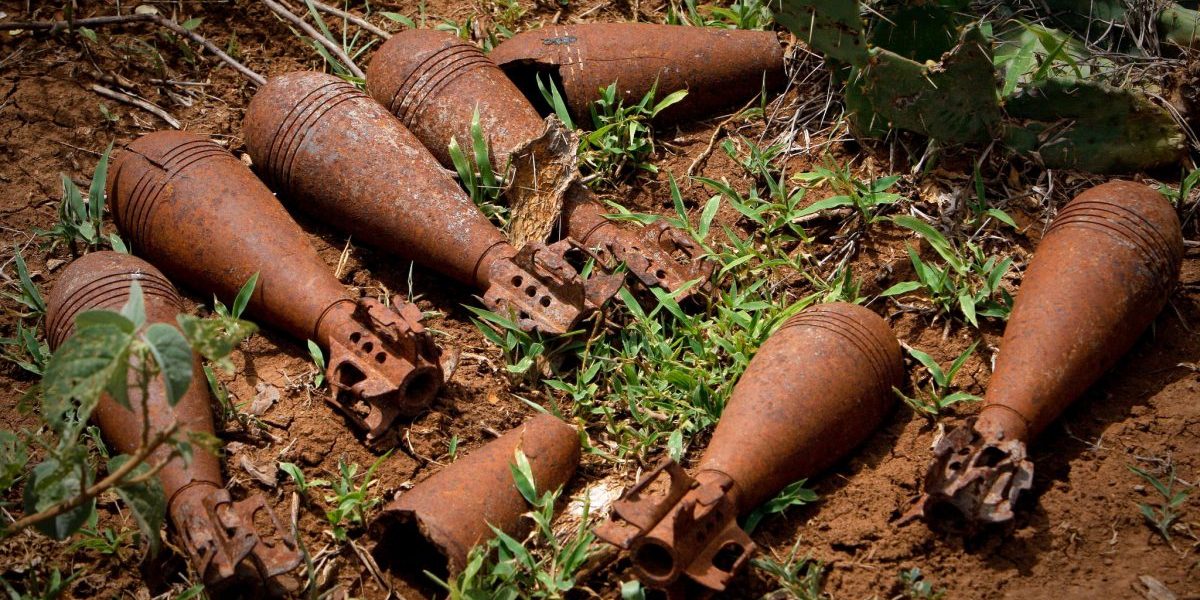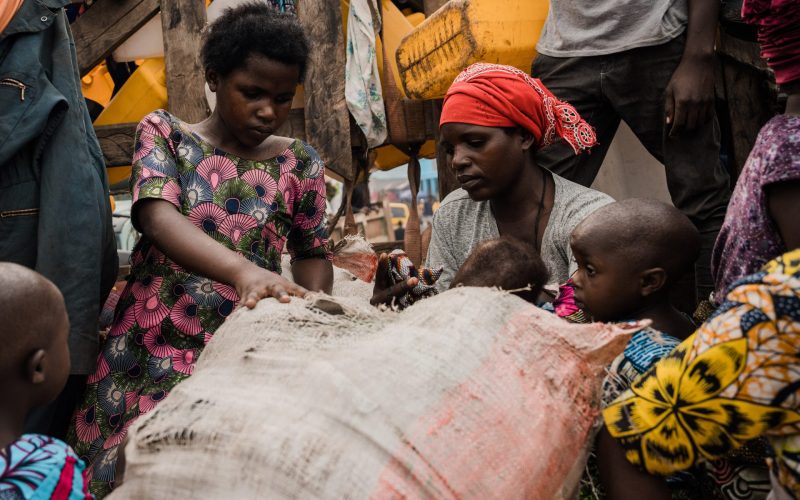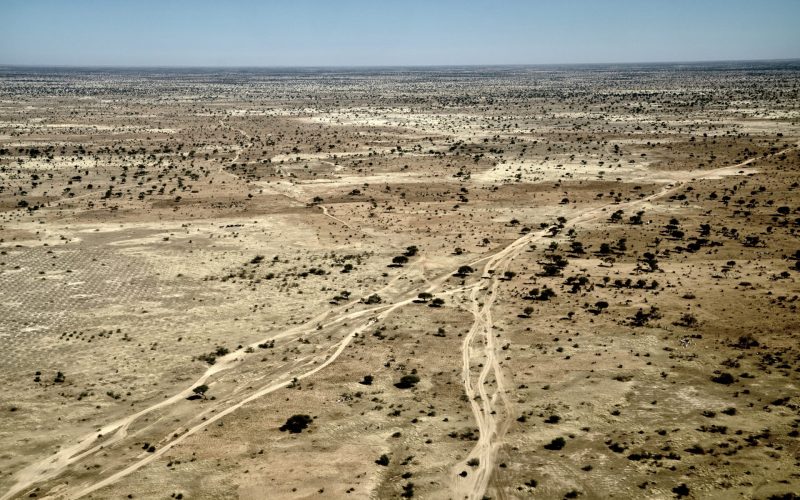This was followed a fortnight later by the Tel Aviv disco suicide bombing, endangering the tenuous peace between Palestine and Israel.
Despite these attacks, though, there are a number of reasons for optimism.
First, the Palestinian people voted in January for a new president, with the orderliness of a European electorate despite their territory resembling a war zone.
And by voting overwhelmingly for Mahmoud Abbas to take over as Palestinian president from Yasser Arafat, Palestinians chose peace with Israel over a continuation of the intifada, which moved them further away from the realisation of their own state than when the uprising began more than four years ago.
Second, the Iraqi people defied bomb threats and media predictions by turning out in large numbers – just under 60% of the electorate – to vote for a government of their choice, an entirely novel event not just for Iraqis, but for most Arabs and Muslims.
Third, Israeli Prime Minister Ariel Sharon and Abbas agreed, in the wake of the above two elections, to talk peace and get the road map back on track. The February summit at the Sharm El-Sheikh coastal resort offered hope for a meaningful mutual Palestinian-Israeli ceasefire.
Fourth, and related to the last point, the radical Hamas and Islamic Jihad movements agreed, for the meantime, to a ceasefire, while the Israelis proposed, as a sign of good faith, a prisoner exchange.
Fifth, there appears to be widespread acceptance of the need for external assistance in building a strong Palestinian state.
US President George Bush, for one, offered US$350-million (about R2,1 billion) in aid in his State of the Union address to ‘to support Palestinian political, economic, and security reforms’.
‘The goal of two democratic states, Israel and Palestine, living side by side in peace, is within reach. And America,’ he said, ‘will help them achieve that goal.’
However, there are also some good reasons for continued regional pessimism, highlighted by the assassination of Hariri and the Tel Aviv disco bomb.
Multibillionaire Hariri’s assassination illustrates both the fragile peace within and between the region’s states.
It is widely suspected that pro-Syrian forces were responsible for his death since Hariri had pushed for Syrian withdrawal from Lebanon.
But something good may come from Hariri’s death because it has raised anew the question, why does Syria still have 15 000 troops in its neighbouring state after so much international pressure was applied to Israel and others to withdraw from Lebanon?
The furore over Hariri’s killing has now persuaded Syria to repeat its pledge to withdraw its forces – even if that is a pledge Damascus has made for 15 years.
More importantly, both murderous attacks highlight the fundamental, ‘big’ question: whether the region’s religions and peoples can coexist peacefully; whether it is possible to have a Jewish state in a predominantly Muslim region.
Second, Iraq’s progress is now dependent on the ability and willingness of the majority Shi’ite forces to include the Sunni minority in the writing of the new constitution – and on the willingness of the Sunnis to participate.
The role of the Grand Ayatollah Ali Sistani – the most powerful Shi’ite leader – is crucial here.
There are other difficult hurdles to overcome, including the establishment of a working relationship between church and state and church and the law and the extent of federal powers.
The Kurds, in particular, would be unwilling and unlikely to accept less self-government than they have today.
Third, the debate on the desirability of separate Israeli and Palestinian states is not over in the region.
Libya’s President Muammar Gaddafi has, for example, said recently that a single state is the only solution – an assertion that other regional governments including, notably, the Iranians, would support.
Does this mean that peace between Israel and Palestine – long seen as the necessary catalyst for wider regional stability and Islamic deradicalisation – is unlikely?
One key variable has improved over the past few months.
It is not the impact of Iraq, or the change of the US secretary of state from Colin Powell to Condoleezza Rice, or even the controversial proposals made by Sharon to dismantle Jewish settlements in Gaza, though all these have a bearing.
It is the new Palestinian leadership.
Arafat’s death may well be a turning point simply because he was a man with whom the Israelis believed they could no longer do business.
He was the leader who had balked when offered the best deal for regional peace – at the 2000 Camp David peace talks facilitated by then-US President Bill Clinton with then-Israeli Prime Minister Ehud Barak.
Whatever the arguments, even the most ardent peaceniks realise there still is a long road to travel.
To help move the region down that road, it is important to deliver the more technical if symbolic aspects of security between Israel and Palestine, including prisoner exchanges and regular dialogue.
These confidence-building measures would help to bolster crucial domestic support for both Sharon and Abbas.
Palestinian governance institutions, including the judiciary and security services, must be rebuilt.
But, most importantly, the vicious cycle of bombings, assassinations, violence and counter-violence must be stopped.
All of these issues depend ultimately on the basic question: whether all groups including Sunnis, Christians, Maronites, Shi’ites, Kurds, Turcomans, Chaldeans and Jews are willing to live primarily as regional citizens rather that reverting violently to their primordial separate identities.
To paraphrase Indian politician Jawaharlal Nehru, the region must still decide whether it prefers coexistence over co-destruction.








